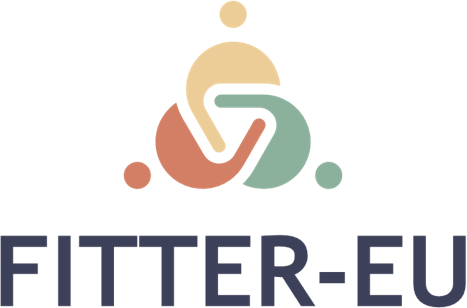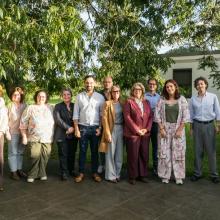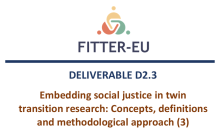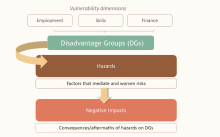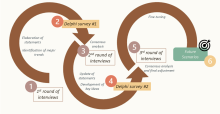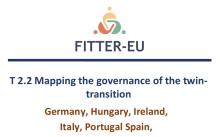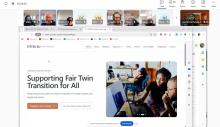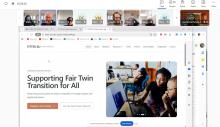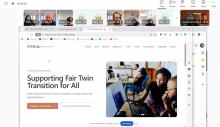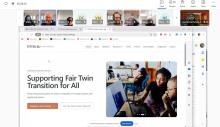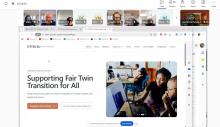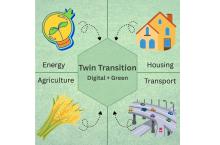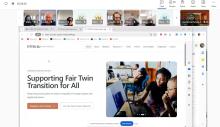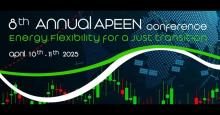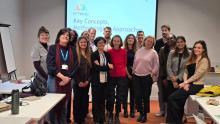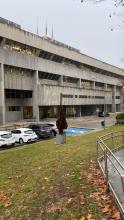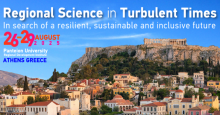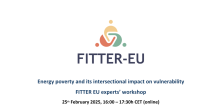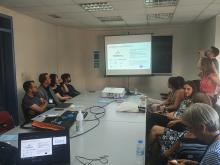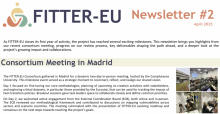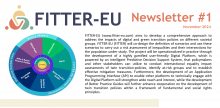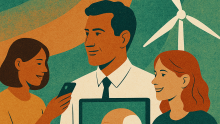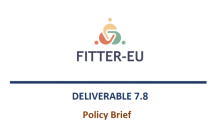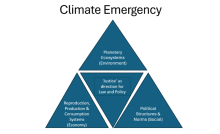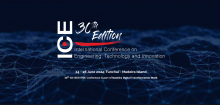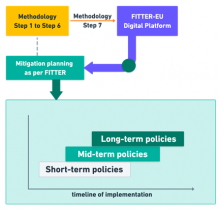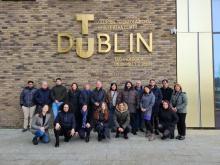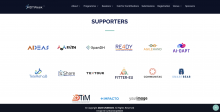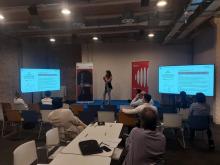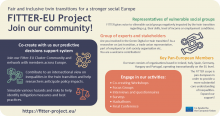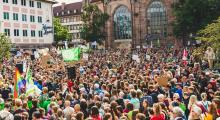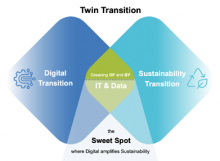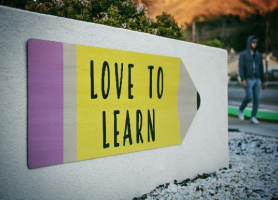Why Digital and Green Transitions Need to Be About People First
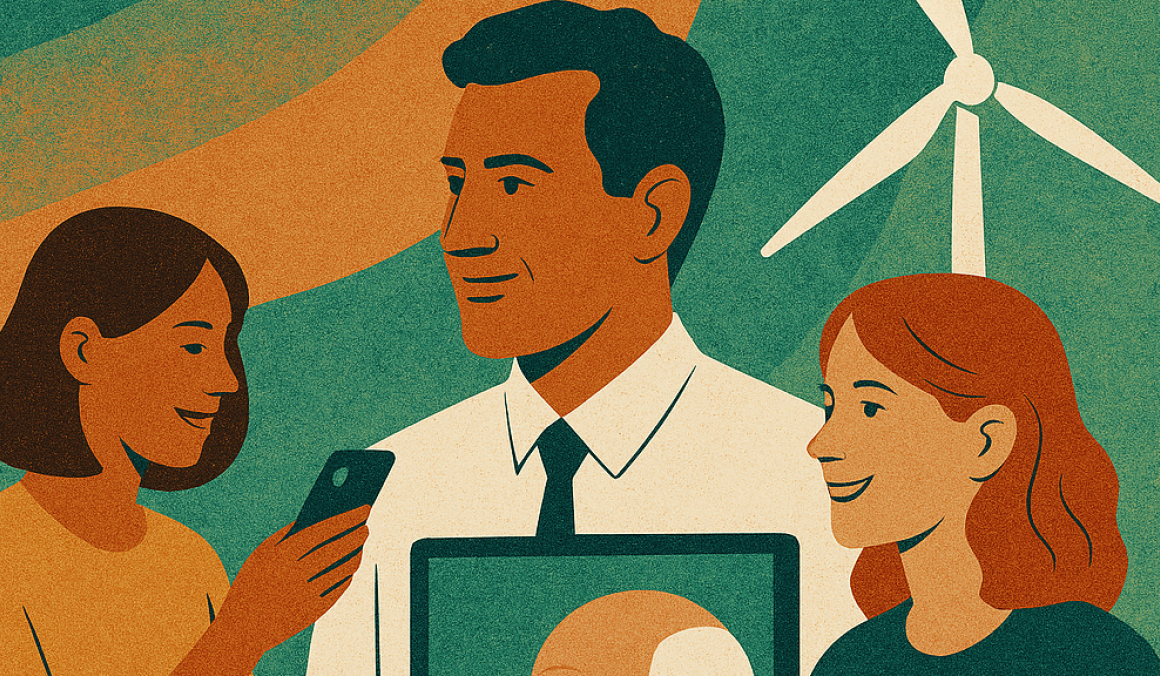
There is a lot of attention to the digital and green transitions how AI is transforming work, how energy systems are changing to renewables, and how quickly we all need to adjust to these changes. But one thing often gets overlooked in all this change: people.
These transitions are not just about cleaner technology or smarter systems. They are about changing how we live, work, move, and consume goods and services. This not only impacts suppliers and product development but also has real implications for real people many of whom are already having a tough time keeping up.
Who Gets Left Behind?
Let’s be honest: transitions aren’t always fair. When public transport goes electric, what about rural areas with limited access? When homes need to be energy efficient, what happens to the tenants who can’t afford the upgrades? When jobs are automated, who is retraining the workers that have lost their jobs?
The assumptions are technical, the aims are abstract, and the experiences, income, education, and access are treated like an afterthought. And let’s be clear. A transition that only benefits the privileged is not a transition. It’s a divide.
Creating Resilience From the Bottom Up
This is where projects like FITTER-EU come in. Unlike a lot of projects, FITTER asks the question about how we can ensure that the green and digital transitions are fair and inclusive for everyone. That also requires listening to the people at the margins of change. Recognizing the different ways that people experience the impact of housing, transport, food and the affordability of even those basics based on income, place and background as well as designing policies with communities, rather than for them.
Resilience is not just about being able to bounce back from change. It’s about having the resources, knowledge, and power to shape that change in the first place.
Everyone’s Got a Role to Play
Whatever you do policy, research, design, tech, this transition applies to you. And most importantly, you apply to it. Fair change does not happen in a vacuum. It needs translators, bridge-builders, and storytellers. If you’re in marketing or outreach, your words will help define how individuals see themselves in this future.
If you're in policy, your decisions will define the rules of the game. And if you’re defining with data, you will have to create meaning for those who don’t speak the language of spreadsheets. This is not about buzzwords. It is about helping people see how these changes affect their everyday lives and create agency for how those to come.
Make It Fair From the Start
If fairness becomes an afterthought, then it’s already too late. The green and digital transitions are moving quickly, but they’re not moving evenly. There are some people being lifted up. Some people are being left out. We need to ask better questions. Who’s being heard? Who’s benefiting? Who’s being left out?
Real fairness means bringing people in from the start. Not just sending out a survey after the fact. It means designing with not for communities. It means thinking about real access, cost, skills, location, and power. All the everyday things that determine whether or not someone gets to participate. We get one shot to do this right. Let’s not waste it.
